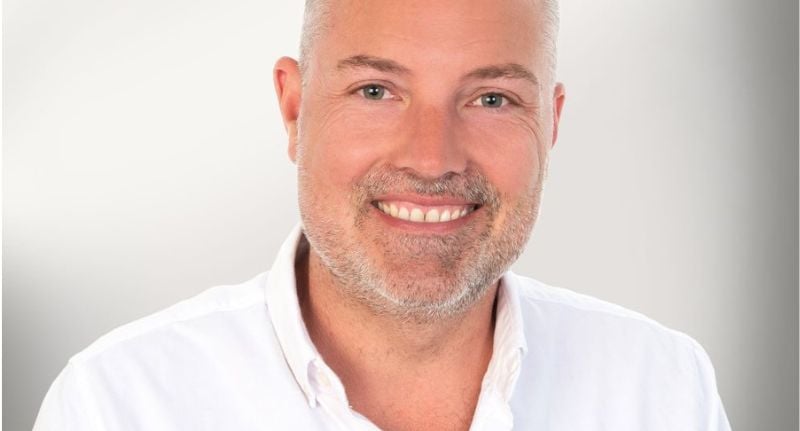The Australian Radio Network’s (ARN) sweeping internal overhaul has claimed another high-profile departure with KIIS 1065 Content Director Tony Aldridge stepping down after more than seven years at the network.
Aldridge’s exit comes amid a period of dramatic change inside the business, as the broadcast giant grapples with mounting financial pressure, workforce cuts, and the weight of its blockbuster talent deals.
Exit of a key figure behind Kyle and Jackie O
Aldridge was a key figure on The Kyle and Jackie O Show, specifically the duo’s decision to network into Melbourne.
The timing of his departure comes less than a year after the network inked a headline-grabbing 10-year, $200 million deal to keep Sandilands and Henderson on-air, and just weeks after ARN signalled a fresh wave of redundancies and structural upheaval.

Kyle and Jackie O
Million-dollar deal under the microscope
That eye-watering contract was always going to invite scrutiny. The duo are undeniably ARN’s crown jewel, but the cost of retaining them is starting to bite.
Since the contract was announced in late 2023, job cuts have rolled in steadily. Dozens of roles across sales, content, and marketing have been eliminated.
The list includes former Chief Commercial Officer Peter Whitehead and long-time content boss Duncan Campbell, who was moved into a consultancy role. Lachy Mansell, who contributed to the KIIS breakfast show, is also stepping away from radio in early June.
While the Melbourne expansion of Kyle and Jackie O was seen as a revenue opportunity, early results haven’t shown the audience uplift ARN may have hoped for, putting even more pressure on the show’s commercial return.
Company slashes costs to unlock growth
At its May AGM, ARN Media formally launched a three-year transformation program aimed at cutting $40 million from its cost base, roughly 20% of its cash expenditure.
The stated goal: free up capital to reinvest in growth-driving initiatives.
CEO Ciaran Davis painted the transformation as future-focused, saying, “We are recalibrating the operating model, culture and cost base of the business to drive consistent growth.”
Chair Hamish McLennan echoed this, framing the cuts as “difficult but necessary” to shift resources toward content, tech, and monetisation.
But for staff, the implications have been immediate and personal. Davis confirmed that 70 to 100 roles would be impacted by a pivot toward offshore outsourcing, particularly in backend operations.
For some long-serving employees, including Group Business Director Nathan Feldman, the change was enough to prompt voluntary exits. Feldman, who had been with the company for over a decade, opted not to stay on, citing the time as right “to back myself and step into what’s next.”

CEO Ciaran Davis
Leadership bets on commercial reinvention
Part of ARN’s recalibration involves new blood in the executive ranks. In late 2024, the company appointed former Nine sales chief Michael Stephenson as Chief Operating Officer, a move widely interpreted as succession planning for the CEO role.
“Michael is the right person at the right time,” Davis said, pointing to Stephenson’s proven ability to commercialise content and drive revenue in a disrupted media environment.
His task now is to future-proof ARN’s business model and find fresh ways to monetise its assets across audio, digital, and branded content.
ARN’s failed bid to acquire Southern Cross Media last year added to the pressure, leaving the company exposed in a soft ad market.
The transformation plan, ambitious as it is, appears to be ARN’s bid to regain commercial momentum while justifying the strategic bets it’s placed on marquee talent and digital expansion.
